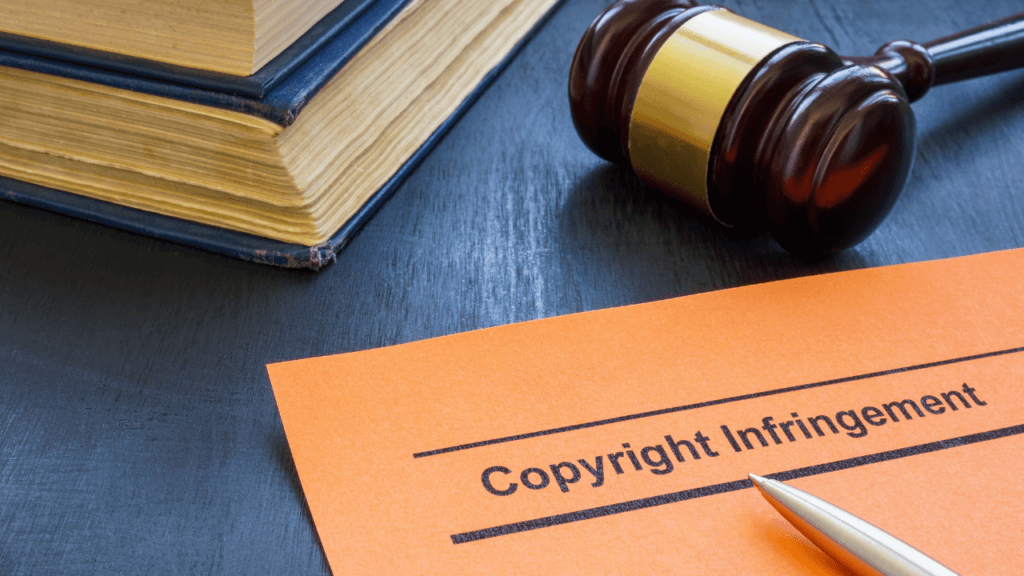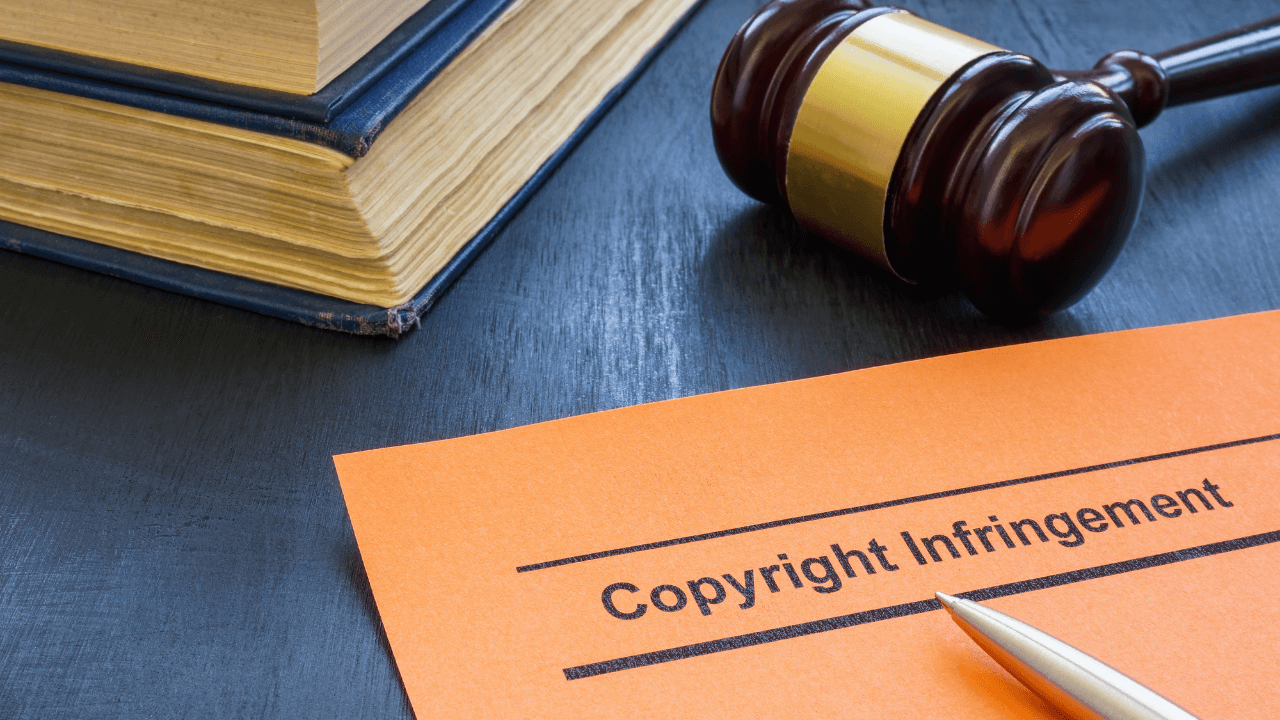
Pay-Per-View (PPV) content is essentially entertainment on demand. Customers can pay for the specific shows or events they want to watch. To access the private telecast, the viewer must pay a fee to the streaming service, giving the viewer the chance to watch the content for a limited time.
A copyright infringement violation can occur if a website provides illegal access to the event or show or an individual accesses the show without paying for it. In this situation, the Pay-Per-View provider might send subpoenas to formally require a person infringing on the copyrighted material to be party to legal proceedings.
Why Did I Receive a Pay-Per-View Subpoena?
If you receive this type of subpoena, then it means that you are being accused of streaming a Pay-PerView event at your home or business through an illegal website without paying to view the content. Or, if you are providing streaming services, then you might be accused of offering access to copyrighted materials that you don’t have permission to stream.
One common example of a copyright violation for Pay-Per-View is if a business is broadcasting the event without purchasing a commercial licensing fee. Residential Pay-Per-View access can cost around $50 per event. But if the residential streaming service is being used to share the PPV event in a public setting, such as at a restaurant or gym, then the business owner must pay for commercial access to share the event. The cost varies depending on the size of the business and anticipated viewership.
One example is a bar owner using a residential streaming account to share the UFC fight with customers. This event streaming can bring in a big crowd, which can help to boost sales. But to avoid copyright infringement, it’s important for the bar owner to pay for commercial access before streaming the UFC fight publicly.
The most common subpoena process starts with the Pay-Per-View provider sending a subpoena to illegal video streaming sites. Then these sites send subpoenas to the individual viewers or businesses.
What Does It Mean if You Receive a Pay-Per-View Subpoena?
Pay-Per-View piracy is illegal. Private viewing of such an event, or showing this event in a commercial setting without proper commercial access means that you are violating federal copyright laws.
The financial implications of a Pay-Per-View copyright infringement suit can be costly. For example, if your business is streaming a program without commercial access, then you could be facing fines up to $110,000 and also be required to pay for the intellectual property owner’s court costs and attorneys’ fees as well as your own.
Should You Ignore a Pay-Per-View Subpoena?
It might be tempting to ignore a Pay-Per-View subpoena thinking that if you stop the illegal streaming, then the problem will go away. This is not the case.
If a company has put in the time and legal effort to file a subpoena, it means they are serious about pursuing the copyright infringement. You should not ignore the subpoena. Failure to reply to a subpoena could be considered contempt of court
It’s important to respond to protect your legal rights and avoid more serious financial and legal consequences in the future. Responding to a subpoena doesn’t mean that you are admitting guilt. Instead, it is an opportunity to negotiate a settlement or even potentially quash the lawsuit if you have a strong enough defense.
Navigating a subpoena and court proceedings without professional legal support is a big mistake. The best decision you can make is to hire an attorney to advocate for you, and help you navigate and resolve the situation as effectively as possible.
How Can an Attorney Help?
In most situations, the copyright property owner wants to settle the Pay-Per-View violation out of court. It is easier and cheaper for all parties involved to negotiate a settlement without going through lengthy court proceedings. So, if you receive a Pay-Per-View subpoena, contact an attorney as soon as possible to find out your options for settling the case without going to court.
Several possible defenses can be used, including settling the case, quashing the lawsuit, or defending yourself in court. The accusing party must have sufficient evidence to show that you are guilty, and an attorney might be able to help you prove your innocence by showing that you didn’t commit copyright infringement. For example, some defenses focus on the improper use of the IP address by hackers.
If you receive a Pay-Per-View subpoena, the first step is to call our team at Rosenblum Law. We offer full-service legal solutions to protect you and your business. Reach out to us by calling 888-235-9021.
FAQs
Yes, Pay-Per-View streaming services are copyrighted. It’s a violation of copyright law to stream Pay-Per-View events without paying for them.
If you are streaming Pay-Per-View events through an illegal website or watching the event without paying for access, then you are violating federal copyright laws and could be facing significant fines.
Residential Pay-Per-View access is different from commercial licensing. It is illegal to use a residential account to stream PPV events in a commercial setting, such as a restaurant, bar, or gym.







 888-815-3649
888-815-3649
